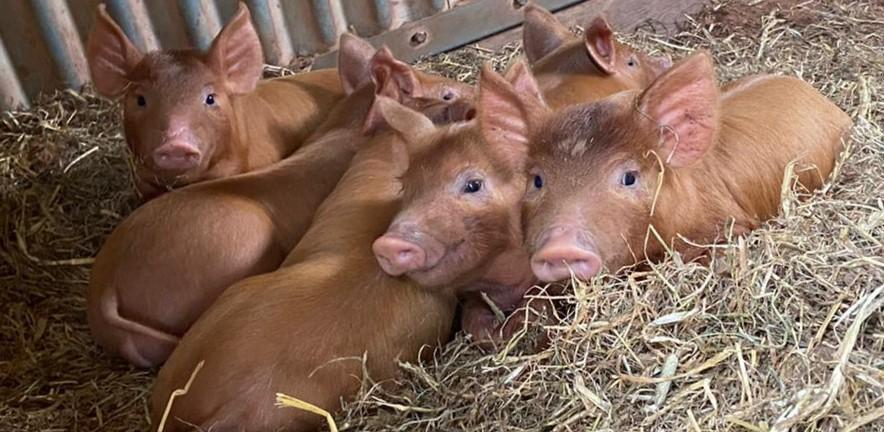
Submitted by A.B. Youngman on Fri, 24/03/2023 - 15:48
Research published this week conducted by members of the Cambridge Global Food Security network marks an advance in measuring animal welfare and could contribute to making farming more sustainable.
Dr Harriet Bartlett, the paper's lead author was a researcher at the University of Cambridge’s Department of Veterinary Medicine when she conducted the research, in collaboration with Professor Andrew Balmford (Department of Zoology) and Professor James Wood, (Department of Veterinary Medicine) and Professor Mark Holmes (Department of Veterinary Medicine).
“We have shown that it’s possible to reliably assess animal welfare on farms. This means decisions about which types of farm are better or worse for animal welfare can be based on proper calculations, rather than assumptions – as is currently the case,” said Dr Bartlett. “Now animal welfare can be included in overall assessments of farm sustainability alongside other measures like carbon emissions and biodiversity impacts, so we can make better informed decisions about how we choose to farm and what we choose to eat.”
The study is important because making farming systems more sustainable, in the face of growing global demand for meat, is a major challenge for farmers and the government, particularly because of the high proportion of global greenhouse gas emissions caused by meat production.
Thanks to this new scoring system, for the first time, animal welfare can be considered alongside other impacts of farming to help identify which farming systems are best and enable us to make better choices for the planet, people and, of course pigs!
Read more about this research on the Cambridge University website here.

